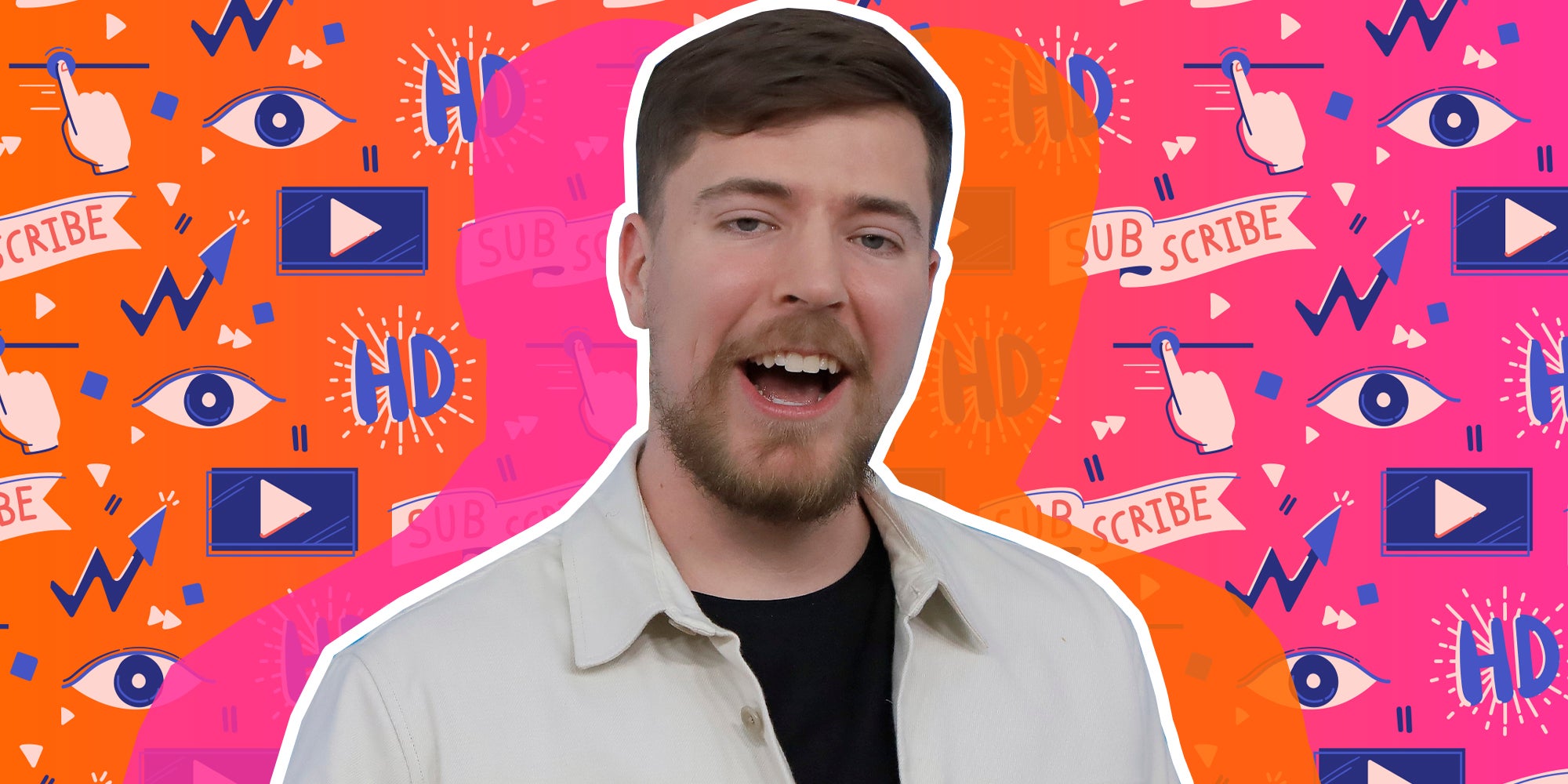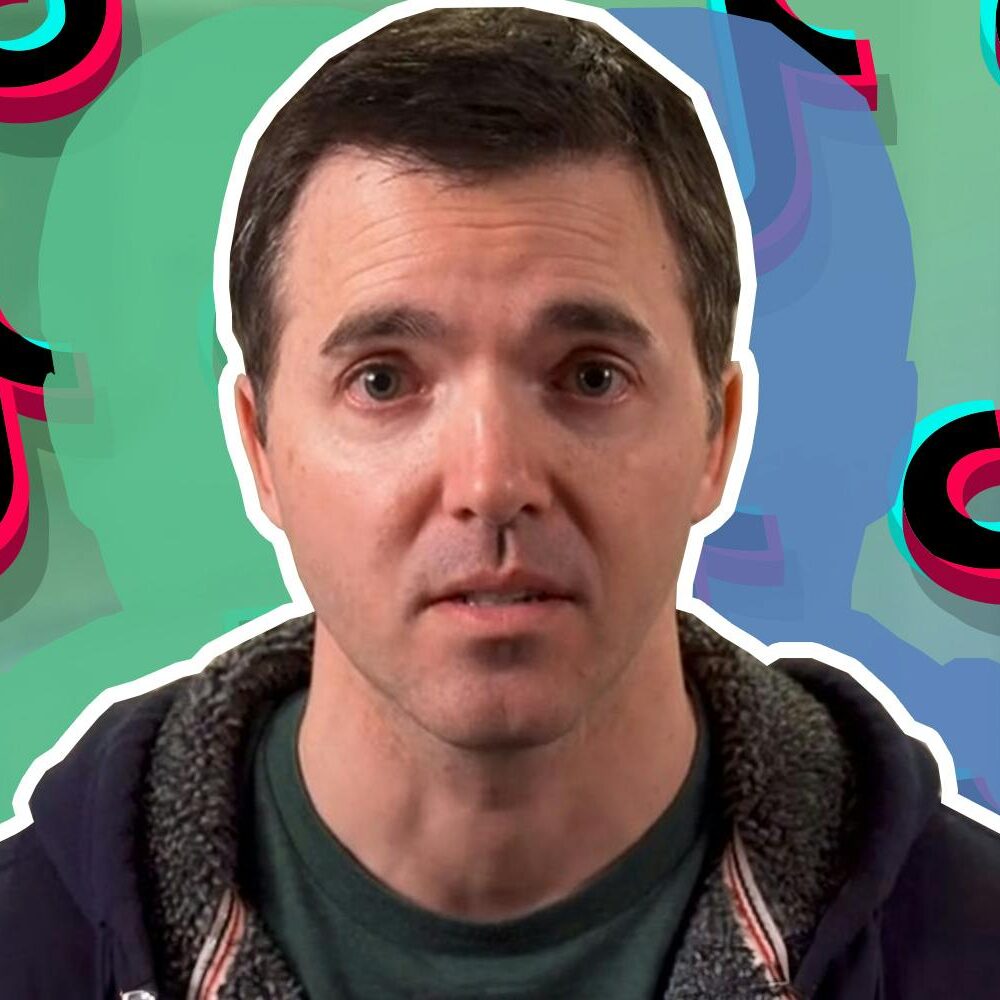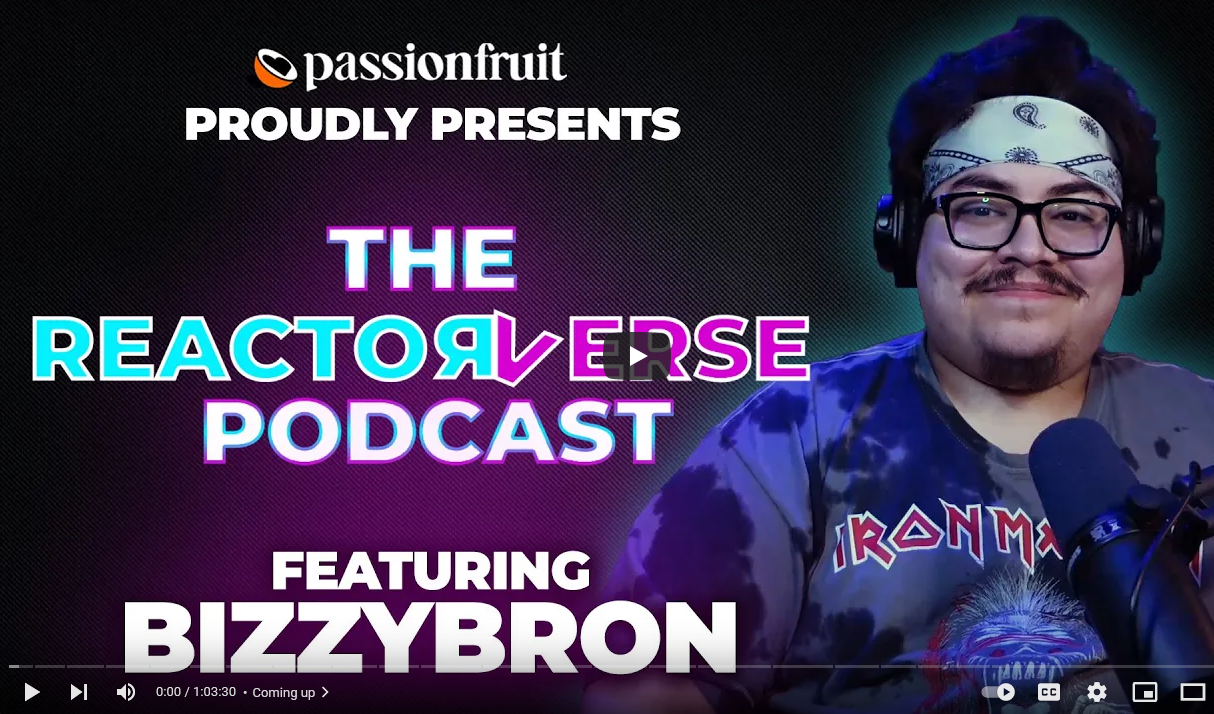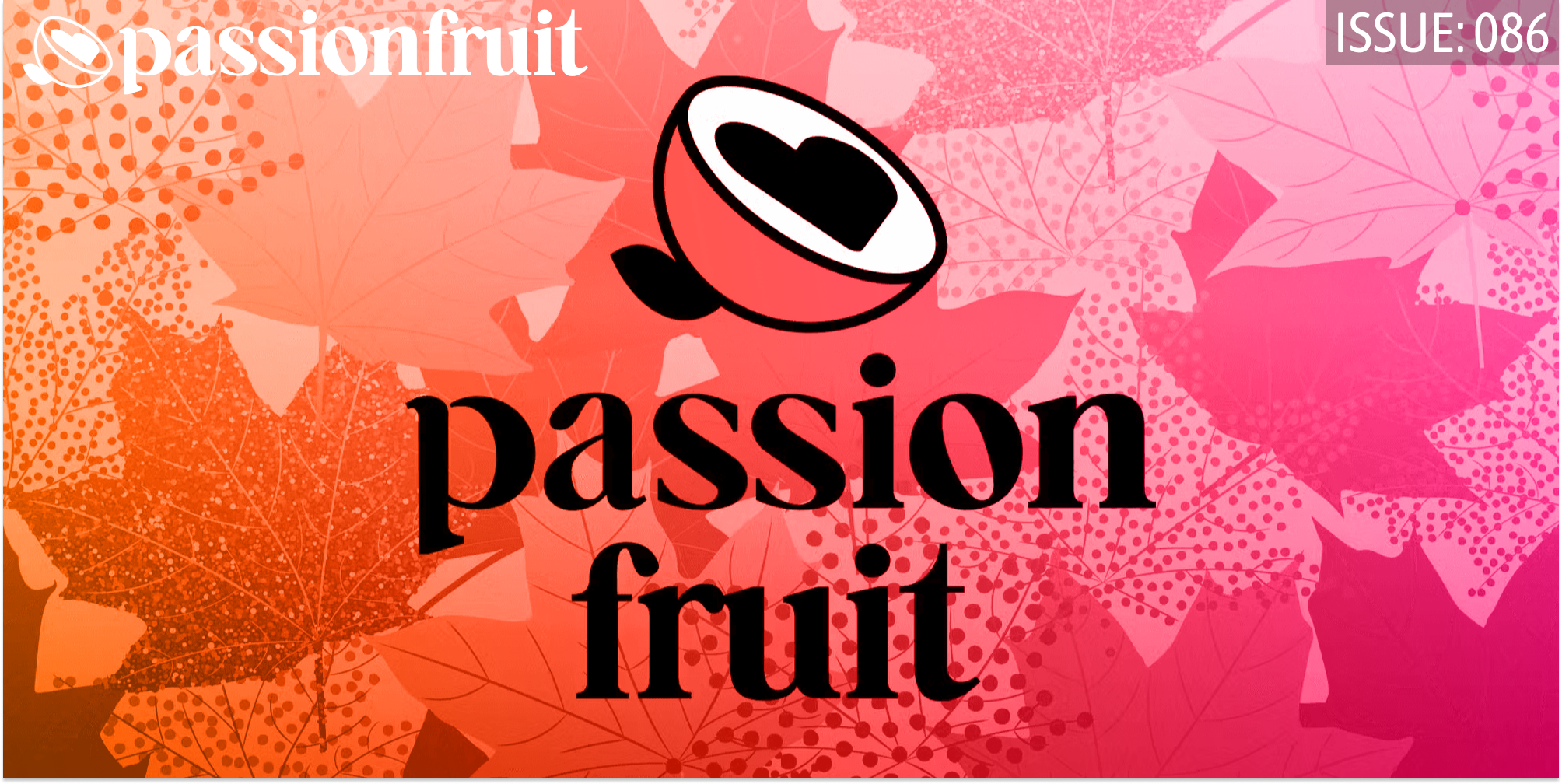CREATOR NEWSLETTER
Issue #221 | March 19, 2024
– Grace Stanley, Deputy Editor
PERSONALITIES
MrBeast Warns Aspiring Creators to Not Quit Their Day Jobs
‘For every creator that makes it, thousands don’t.’
By Charlotte Colombo, Passionfruit Contributor

IN THE BIZ
- ShopMy, a creator-focused marketing platform, has raised $18.5 million to expand its 40,000-creator network.
- TikTok introduced a “Creator Search Insights” feature, debuting its SEO era.
- YouTube is now requiring creators to label AI-generated content that depicts real people, places, and things.
- After a tense period of negotiations, the union for media company The Ringer has ratified a new contract with its parent company, Spotify.
PERSONALITIES
Congressman Jeff Jackson Is Getting Rightfully Roasted on TikTok
The congressman supports legislation that might lead to TikTok’s ban — despite rising to fame on the platform.
By Steven Asarch, Passionfruit Contributor
TIPS & TRICKS
What Is VidCon, and How Can Creators Get the Most Out of It?
Is VidCon worth your time as a creator?
By John-Michael Bond, Passionfruit Contributor
JOB BOARD
- The Creators Agency is looking for a talent manager.
- Vezcos Media is looking for a video producer.
- Contortionist Anna McNulty is looking for a video editor and producer.
- YouTuber Kabel Shorts is looking for a video editor.
YOUTUBE MADE ME DO IT
This week on the Reactorverse Podcast, we welcomed creator BizzyBron. A sports fan at first, he found his way into reaction content via “The Walking Dead” and the passion he saw from others in the niche. Click the video below to learn more!

Copyright © 2024 Passionfruit, All rights reserved.
You are receiving this email because you signed up to get the latest tips, tricks,
and trends in the creator economy from Passionfruit.
Have an idea for our next big story or want to get featured? Email us at tips@passionfru.it
Don’t want to hear from us anymore?
Click here to unsubscribe
To view in your browser click here







